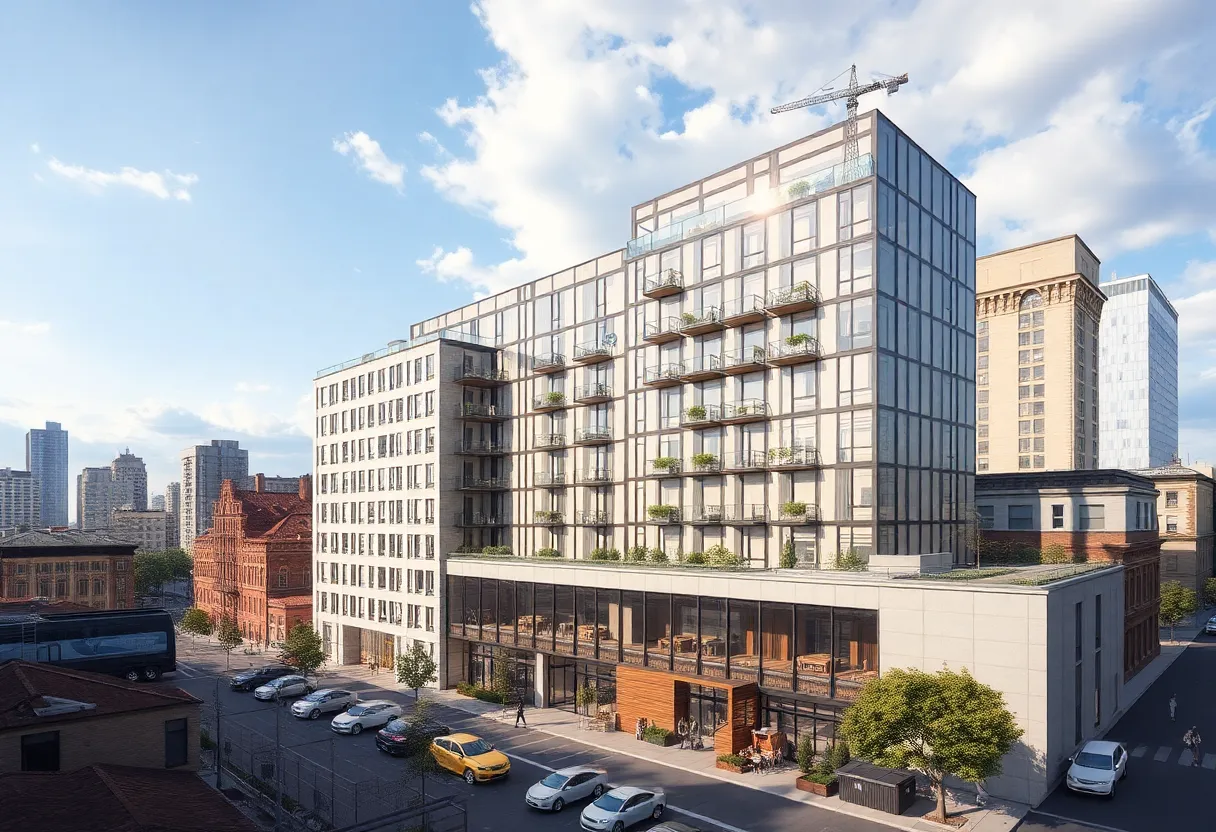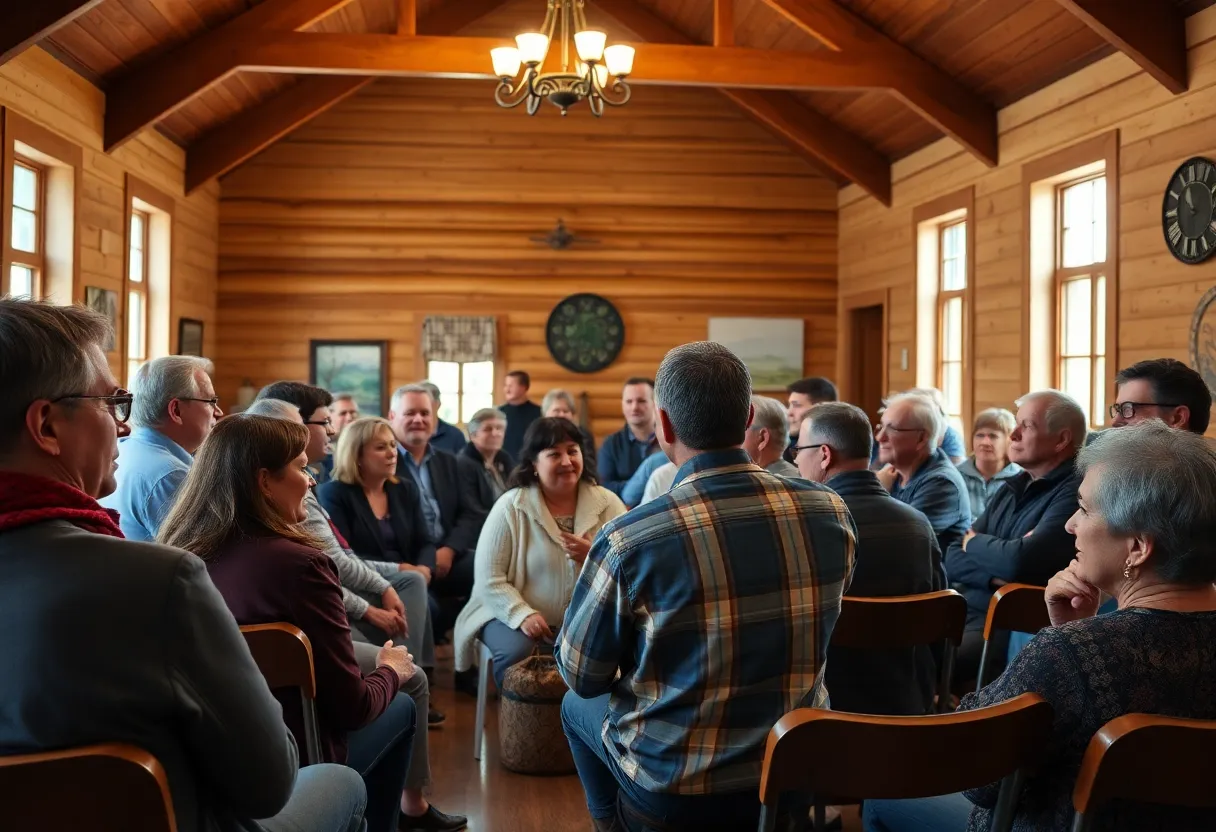News Summary
Virginia is facing a pressing affordable housing crisis as local lawmakers grapple with rising rents and the need for solutions. With the potential for Virginia to see the third-highest rent increases in the nation, proposed legislation aims to streamline housing development and introduce tax credits to boost affordable housing. Lawmakers are also considering measures for rent protection and accessory dwelling units. As essential workers struggle to afford homes, Mayor Danny Avula is committed to building 40,000 new affordable housing units, while the business community is called to join the effort.
Virginia’s Affordable Housing Crisis Sparks Lawmaker Debate
Richmond, Virginia, finds itself at the heart of rising housing costs that have local lawmakers scrambling to find solutions. With projections showing that Virginia could experience the third-highest rent increases in the nation this year, the urgency has never been greater. What’s clear is that there’s an ongoing affordable housing crisis that demands attention, but opinions on how to tackle it are all over the map.
Mixed Opinions Among Lawmakers
The Senate Committee on Local Government has been buzzing with activity, with several bills regarding affordable housing making their way through the legislative process. Some proposals found support while others faced defeat or were postponed for additional review. Traditionally, housing policy has been a local affair, but that perspective is changing as it garners more attention at the federal level. Notably, both former Vice President Kamala Harris and President Donald Trump made housing affordability key points in their campaigns.
Streamlining Housing Development
Two members of the Senate, Sen. Ghazala Hashmi and Sen. Kannan Srinivasan, have introduced a proposal that aims to ease the way for congregations and nonprofits to create affordable housing on their own land. This move has been met with support from representatives of religious and interfaith groups during committee sessions. The bill is a genuine attempt to harness community resources to help combat the housing crisis.
Revisiting Tax Credits
Meanwhile, Sen. Jeremy McPike is pushing for a bill that would allow localities to utilize special tax credits designed to stimulate affordable housing development. After being vetoed by Gov. Glenn Youngkin last year, this proposal is making a comeback, and if it’s passed, it could allow local governments to create affordable housing programs that would give developers incentives to include below-market-rate housing. Currently, there are restrictions on which localities can approve Low Income Housing Tax Credit (LIHTC) projects, but McPike’s bill aims to change that and give all localities the green light.
Call for Rent Protections
Another notable proposal comes from Sen. Jennifer Boysko, who wants to empower localities to put rent protections in place. This bill would mandate that landlords provide a two-month notice before hiking rents, which could be a significant relief for many tenants who feel squeezed by rising costs. Additionally, Sen. Saddam Salim has introduced a proposal requiring local governments to create ordinances for accessory dwelling units (ADUs)—such as garage apartments and in-law suites—as part of the housing solution.
Regulatory Challenges Ahead
ADUs are seen as an attractive option for increasing housing availability, yet there are still regulatory hurdles to jump over. Sen. Bill Stanley’s related proposal would allow localities to include ADU regulations in their comprehensive plans. However, the landscape is riddled with challenges as two housing measures by Sen. Schuyler VanValkenburg recently faced defeat. His efforts aimed to encourage local governments to boost housing supply and mandate multifamily residential zoning in commercial areas, but were met with resistance due to concerns about state intervention in local zoning matters.
The Local Impact
The housing challenge is very real for essential workers in Richmond, including teachers who are now struggling to afford homes. Data indicates that the required income to buy an average home has nearly doubled in just four years. Newly elected Mayor Danny Avula is on a mission to tackle this issue head-on, aiming to build 40,000 new affordable housing units to meet the pressing demand. Through secure funding and essential policy changes, Avula hopes to make progress.
Business Community Steps Up
There’s also a renewed call for Richmond’s business community to participate in these affordable housing initiatives. Several bills currently under consideration aim to modify zoning laws and enhance tenant protections in light of soaring housing costs and rapid rent hikes.
What’s Next?
As Virginia legislators continue to debate affordable housing solutions, it becomes increasingly clear that addressing housing affordability is crucial for meeting the needs of the community. The conversation is far from over, and with every bill discussed, there’s hope that tangible solutions may soon follow.
Deeper Dive: News & Info About This Topic
- Virginia Mercury: U.S. Senators & Richmond Housing Expert Brainstorm Ways to Help with National Affordable Housing Crisis
- Wikipedia: Affordable Housing
- RVMag: Richmond’s Housing Crisis: Can Mayor Avula’s Plan Make a Difference?
- Google Search: Virginia Housing Challenges
- WRIC: Nonprofit Group Demands Richmond Leaders Make Changes as City Enters Year 2 of Housing Crisis







